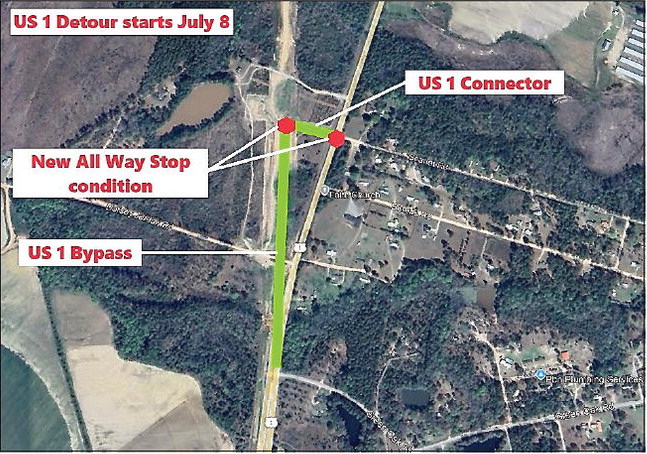Solar rooftop installers warn looming cap threatens industry in Georgia
Six years ago, the General Assembly passed legislation allowing Georgia property owners to use third-party financing to install rooftop solar panels at their homes and businesses.
Now, representatives of solar installers and their environmentalist allies are warning the momentum the industry has built since 2015 could grind to a halt unless the state Public Service Commission (PSC) orders Georgia Power to lift a cap on a pilot rooftop solar program limited to 5,000 customers. The program is about to hit that cap because of an unexpected surge of interest.
“It’s a very popular program,” Don Moreland, policy chairman for the Georgia Solar Energy Association and owner-operator of Solar CrowdSource, told the PSC during a recent hearing. “[But] once we hit this cap … it is going to cause the rooftop market to completely crash.” The commission approved the pilot program as part of Georgia Power’s 2019 rate case. It got off to a slow start, with just 1,347 applications last year. But interest has taken off this year. Just in May and June, Georgia Power received as many applications as in all of 2020 and three times the number that came in during 2019.
“The large volume of applications have been, quite frankly, surprising,” said Steven Hewitson, a lawyer representing the Atlanta-based utility at the July 1 hearing. “That’s slowed down the processing time.”
The pilot program is due to be reevaluated next year when Georgia Power brings its next rate case before the PSC. The utility wants to keep the cap at 5,000 customers until then.
“The limitations specifically were put in place so the company and the commission could evaluate the impact of … the program to the system and other customers,” Hewitson said. “There’s no reason to revisit that limitation now.”
But Moreland said the PSC isn’t expected to issue a ruling in the rate case until late next year. Waiting 18 months for a decision on lifting the cap would create a long period of uncertainty that could “chill the [solar] market,” he said.
“This is a popular policy right now,” added Russell Seifert, founder and CEO of Creative Solar USA. “It’s working.”
Seifert and others point to neighboring states that are more aggressively pursuing rooftop solar than Georgia. Florida leads the way with more than 85,000 installations, according to the U.S. Energy Information Administration.
More than 23,000 rooftops in South Carolina sport solar panels, and more than 21,000 solar installations have taken place in North Carolina.
A coalition of solar installers recently sent a letter asking Georgia Power to lift the cap on its rooftop solar pilot program.
“Rooftop solar means local jobs. It puts money directly into Georgia’s economy,” Seifert said. “[Lifting the cap] will allow the industry to continue its steady growth, provide clear market signals to promote additional investment and allow the pilot to continue until the commission is able to fully review it.”
Mark Woodall, legislative chair for the Georgia chapter of the Sierra Club, said Georgia Power has emphasized large “utilityscale” solar projects over rooftop solar because the larger projects are less expensive per kilowatt-hour of power they produce.
“Utility-scale is cheaper, but we need all the solar we can get,” he said. Jill Kysor, a senior attorney with the Atlantabased Southern Environmental Law Center, praised the PSC for supporting utility-scale solar investment. The latest example came July 7 when the commission approved Georgia Power’s plan to buy 970 megawatts of solar power from five other utilities.
“We have become a solar leader on utility-scale solar because of commission action,” Kysor said. “There’s an opportunity to follow through with rooftop solar without any big risk.” Even if the PSC doesn’t lift the cap on rooftop solar installations in Georgia, the General Assembly may step in. Legislation introduced in the state Senate in March would limit the fees utilities can charge property owners who install rooftop solar and allow the commission to lift any cap a utility places on the number of solar installations under certain circumstances.
Senate Bill 299 didn’t receive a hearing because it was introduced so late in this year’s legislative session. But it’s still alive in the Senate Regulated Industries and Utilities Committee with the influential bipartisan backing of Senate Rules Committee Chairman Jeff Mullis, R-Chickamauga, and Senate Minority Leader Gloria Butler, D-Decatur.





